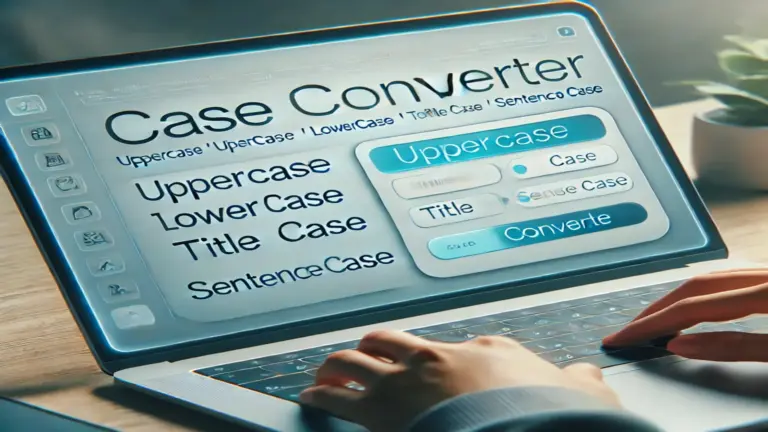HTML, or Hypertext Markup Language, is a standard markup language for developing webpages, web pages, and web-based applications, among other things. Because of HTML’s beneficial features, business stakeholders, project management, and program developers choose HTML over other alternative program development choices.
HTML has a number of noteworthy characteristics, including being lightweight in structure, being simple to learn and use, being an open-source program that can be used for free, being supported by all types of browsers, being easy to create and edit, being easy to integrate with other programming languages, and being able to accommodate changes at any time as needed for the requirements.
- HTML is a simple language to learn and use.
HTML is a relatively simple language to learn and comprehend. In the course of studying website design and development, HTML will be the first and most important language that the student will encounter. HTML contains straightforward tags, and there is no confusion caused by case sensitivity. It basically consists of a few tags that each have a particular function, and that is all there is.
One may quickly comprehend another’s code and make modifications to it if necessary since there isn’t a lot more to learn in this language than in most other languages. Furthermore, unlike other programming languages, it does not generate an error or cause a problem if the developer forgets to close the tags or makes a mistake in the code.
- HTML is a completely free format.
One of the most significant benefits of HTML is that it is completely free, and there is no need to buy any special software. Because HTML does not need any plugins, there should be no need to deal with the many plugins that are necessary to operate on different applications. If the whole website is built in HTML, it is very cost-effective from a per-business standpoint since there is no expense associated with buying a license for the language.
- All browsers are capable of displaying HTML.
Nearly all browsers on the planet are compatible with HTML5. As a result, there is no need to be concerned about the browser compatibility of a website written in HTML since the website will readily display in all browsers if the software is programmed to optimize the website for the various browsers. HTML offers web developers a simple method to optimize their websites in HTML according to the browsers they are using.
- HTML is considered to be the most user-friendly search engine.
In contrast to all of the computer languages now available on the market, HTML is one of the most user-friendly search engines (Search Engine friendly means delivering users quality websites with relevant information when searched for a particular one).
HTML is a computer language that makes it much simpler to build SEO-compliant websites than other programming languages. HTML websites are simpler to read and access by web crawlers, which lowers the amount of time it takes for the website to parse and the amount of time it takes for the website to load, thus increasing its speed.




